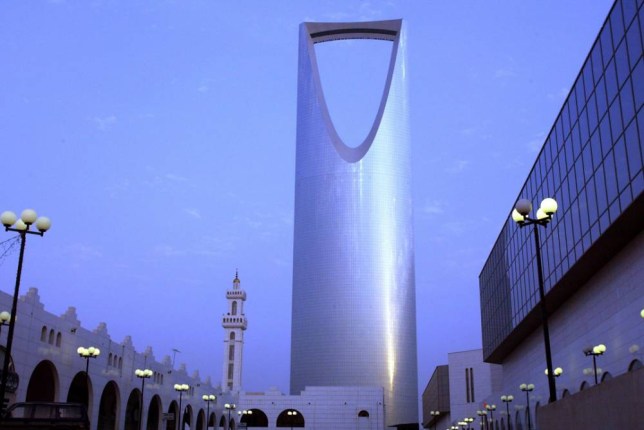the Historic decline in oil production agreed upon by Riyadh and other major producers, had only limited support to prices after they declined due to oversupply caused by the price war for a share in the oil market between the Kingdom and Russia.
Saudi Arabia, the world's largest oil exporter, will increase three times the rate of value added tax and suspend payment of the allowance to the subsistence minimum for public servants.
"Allowance for subsistence will be suspended from June 1, and the value added tax will be increased to 15% from 5% on July 1," said Finance Minister Mohammed al-Jadaan in a statement released by the state news Agency. "These measures are painful but necessary to maintain financial and economic stability in the medium and long term ... and to overcome the unprecedented crisis of coronavirus with the least possible damage."
austerity Measures were adopted after the first quarter, the Kingdom has announced a budget deficit of $ 9 billion.
the Government has said that it has revoked and suspended some operating and capital costs for some state agencies, as well as reduced appropriations for several initiatives and reform projects for a total amount of 100 billion riyals (26.6 billion dollars).
the Minister of Finance announced that the government left unchanged its forecast deficit at 16.3% of GDP this year, which already takes into account more than previously announced spending cuts.
In 2018, Saudi Arabia's king Salman ordered to pay monthly 1,000 riyals (267 US dollars) to each government employee to compensate them for the rising cost of living after the government raised gas prices in the domestic market and introduced a value added tax.




